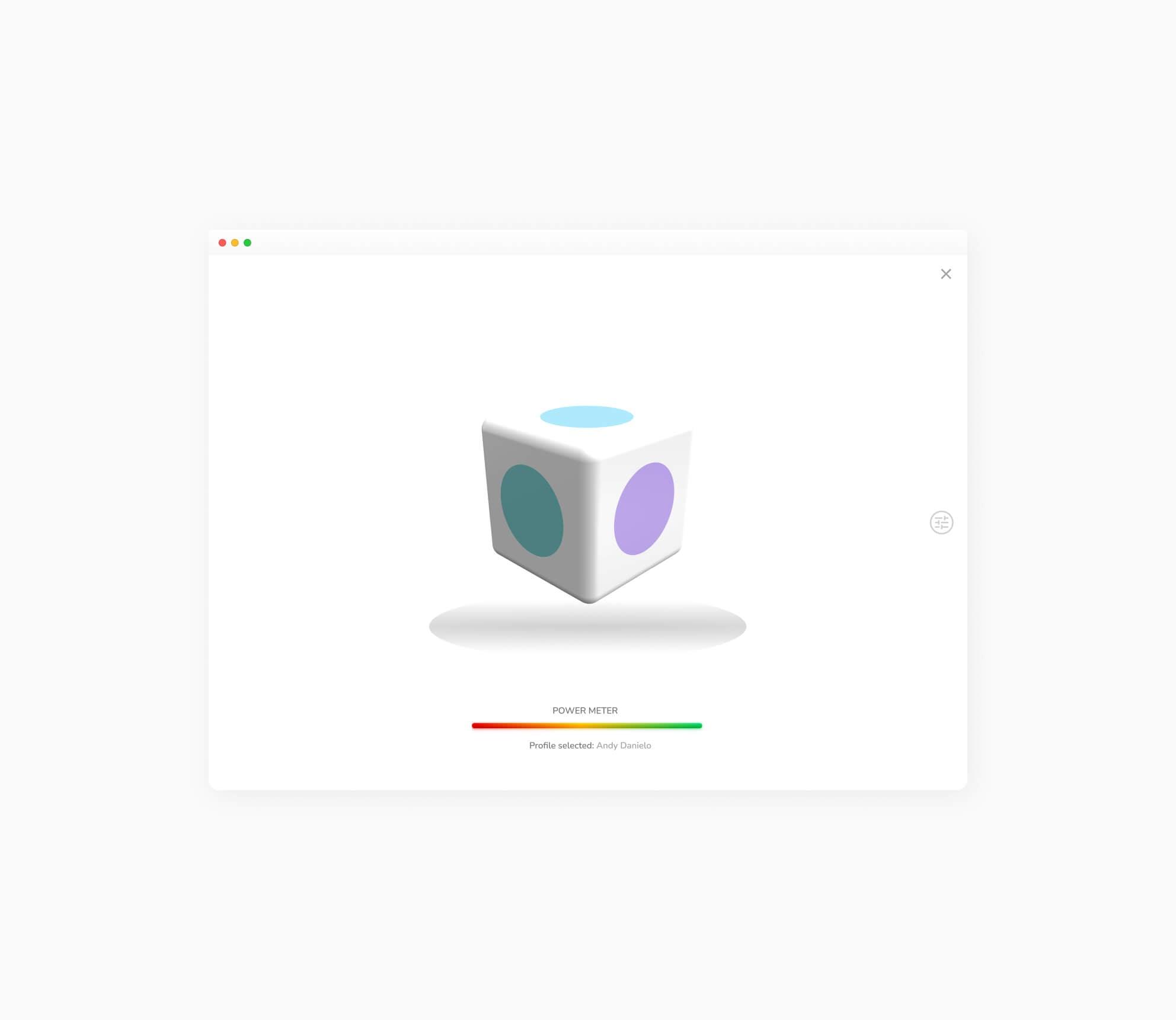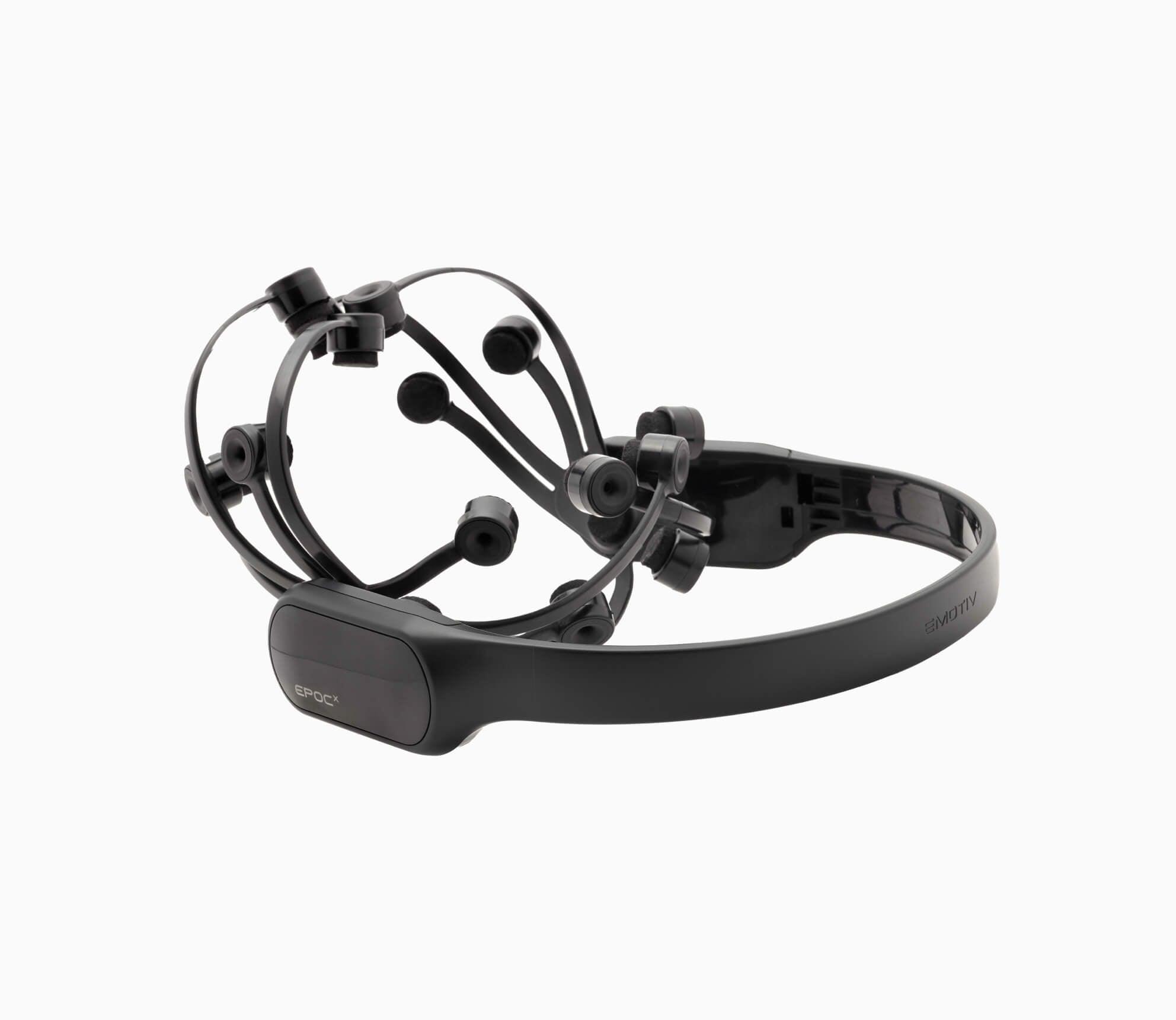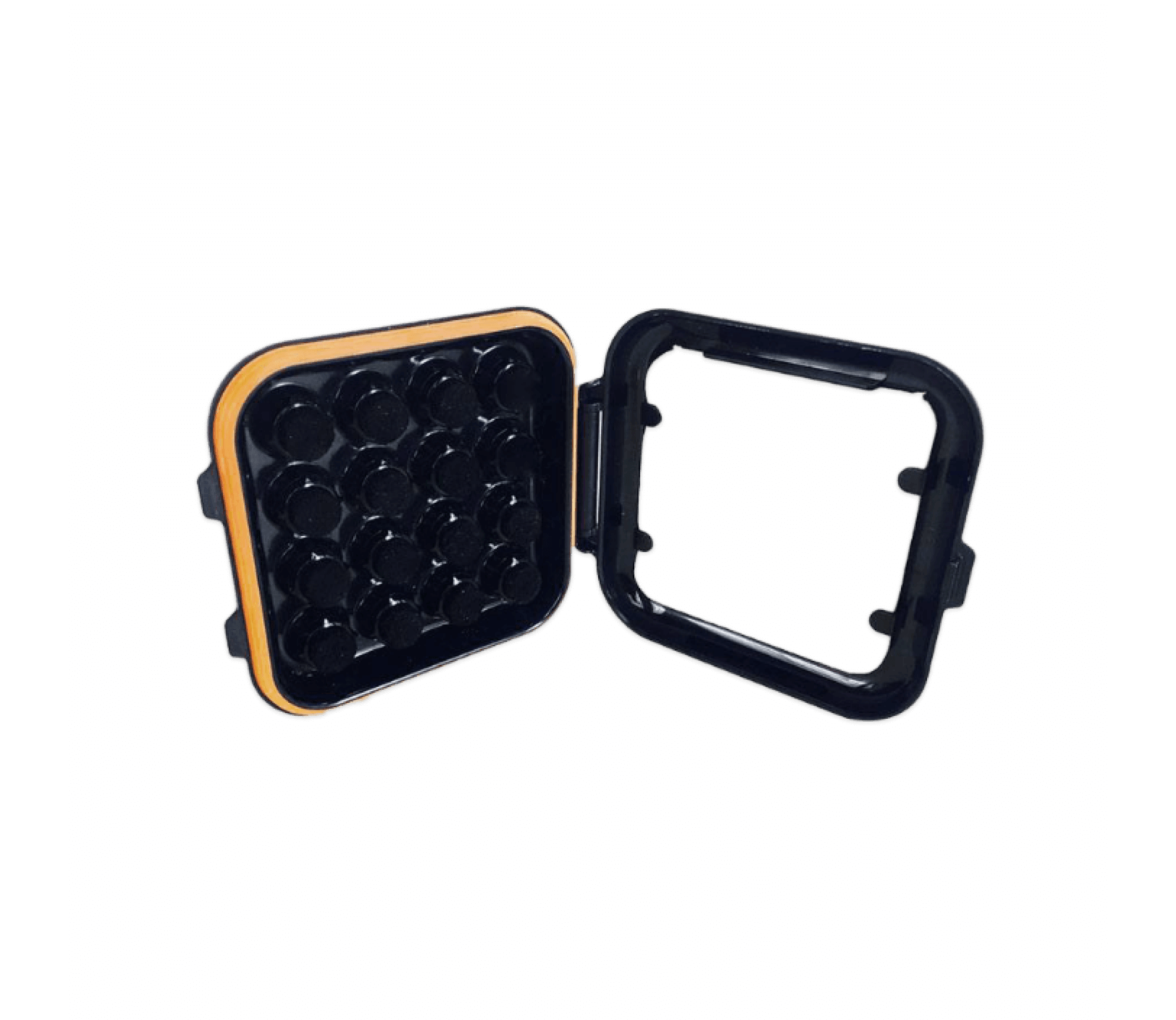- A new machine-learning (ML) algorithm uses artificial intelligence (AI) and EMOTIV EEG to calculate a person's brain age.
- Changes in a person's resting-state EEG could signal early signs of degenerative diseases such as Alzheimer's.
- The research findings, published in Frontiers in Neuroergonomics, offers a proactive approach to brain health screenings.
Researchers have developed a new method to calculate the difference between a person's chronological age and brain age. This machine-learning model uses EMOTIV EPOC X headsets to measure the electrical activity during a brain's resting state (awake but without a task to perform) and compares it to statistical data among healthy adults.
Kounios et al. (2024) trained the algorithm with EPOC X brain data gathered from a collection of in-person and remote online participants, as well as supplemental training datasets. In total, the study used five combined datasets.
Why Does Brain Age Matter?
The human brain always changes, adding new connections and repairing old ones throughout our lives. Injury and disease can delay or accelerate a brain's development stage, causing a "brain age gap." These gaps can serve as warning signs for age-related disease. Unfortunately, brain scans are often costly and time-consuming and are conducted only once disease symptoms manifest.
The authors propose that scanning individuals in early middle age or younger raises the possibility of detecting and treating age-related neurological disorders in their earliest phases.
"Our approach to EEG brain-age estimation has several promising applications," the authors note. "It can be used as a relatively inexpensive screening tool to identify individuals whose brain-age gap suggests the possibility of underlying age-related pathology that can be followed up with specific diagnostic tests. Furthermore, because of the relatively low cost of the EMOTIV EPOC X headset, EEG brain-age estimation can be performed repeatedly to verify results and detect changes over time."
This brain age data set may also be useful for testing potential interventions for slowing or reversing neurological aging. For example, a 2020 study funded by the National Institute on Aging found that certain healthy lifestyle factors could lower Alzheimer's risk by 60% (Dhana et al., 2020).
Wireless EEG to the Rescue
Kounios and colleagues praised the EPOC X for being affordable and accessible. They said it allows people to estimate their brain age at home or work. This could lead to more research on age-related cognitive decline and lifestyle interventions for cognitive health.
Learning how to calculate brain age holds other possibilities, too. For example, there is a group of people in their 80s and 90s called "cognitive super-agers" who defy the statistics. Cognitive super-agers have memory performance similar to adults 20-30 years younger. Current studies aim to learn from this exceptional group of individuals and use that information to promote healthy brain aging.
Neuroscientists and other researchers hope to better understand the roles that diet, environment, lifestyles, and genetics play in how our brains age.
The authors stress the importance of evaluating the stability of their brain age screening model over an extended period of time. Future research is also needed to validate these findings with a larger and more diverse brain EEG data sample.
References:
Dhana, K., Evans, D. A., Rajan, K. B., Bennett, D. A., & Morris, M. C. (2020). Healthy lifestyle and the risk of Alzheimer dementia. Neurology, 95(4). https://doi.org/10.1212/wnl.0000000000009816
Kounios, J., Fleck, J. I., Zhang, F., & Oh, Y. (2024). Brain-age estimation with a low-cost EEG-headset: effectiveness and implications for large-scale screening and brain optimization. Frontiers in Neuroergonomics, 5. https://doi.org/10.3389/fnrgo.2024.1340732






